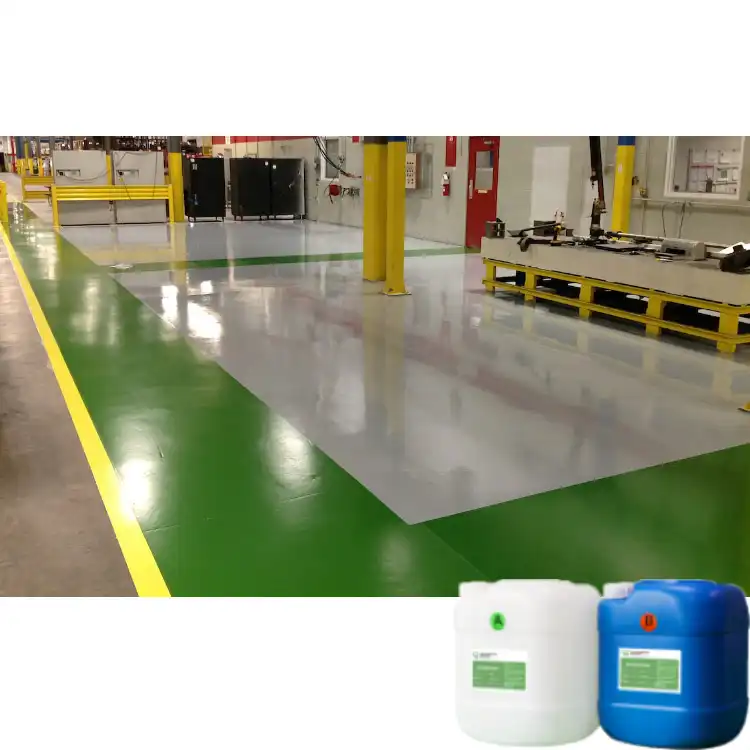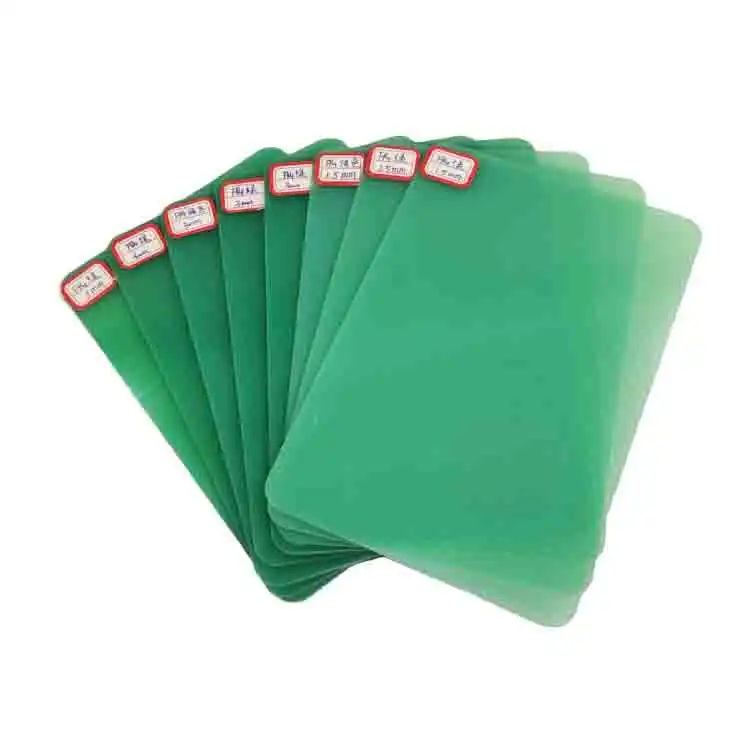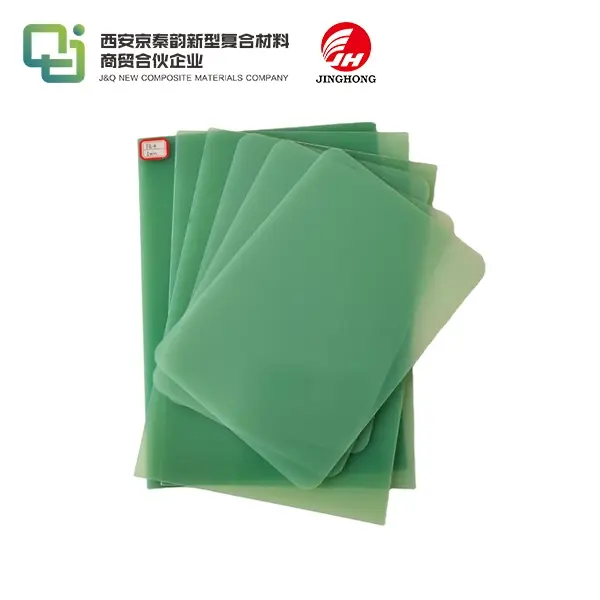3240 epoxy sheet introduction
2025-01-24 16:50:51
3240 epoxy sheet is a versatile and high-performance insulating material widely used in various industries. This glass cloth-reinforced epoxy laminate boasts exceptional electrical and mechanical properties, making it an ideal choice for applications requiring robust insulation and structural integrity. With its excellent heat resistance, dimensional stability, and machining characteristics, 3240 epoxy sheet has become a go-to solution for manufacturers seeking reliable insulation materials. Whether used in electrical equipment, aerospace components, or industrial machinery, this remarkable product continues to meet and exceed the demanding requirements of modern engineering and manufacturing processes.
Properties and Characteristics of 3240 Epoxy Sheet
Electrical Insulation Properties
3240 epoxy sheet exhibits outstanding electrical insulation properties, making it a preferred choice for applications where high dielectric strength is crucial. The material's low dielectric constant and dissipation factor contribute to its excellent performance in electrical systems. These properties ensure minimal energy loss and signal distortion, making 3240 epoxy sheet ideal for use in high-frequency circuits and power distribution equipment.
Mechanical Strength and Durability
One of the key attributes of 3240 epoxy sheet is its impressive mechanical strength. The glass cloth reinforcement provides enhanced rigidity and impact resistance, allowing the material to withstand significant mechanical stress. This durability makes it suitable for applications in harsh environments where components may be subjected to vibration, shock, or other physical forces. The material's high flexural and tensile strength further contribute to its longevity and reliability in various industrial applications.
Thermal Performance
3240 epoxy sheet demonstrates excellent thermal properties, including high heat resistance and dimensional stability across a wide temperature range. The material maintains its structural integrity and electrical properties even when exposed to elevated temperatures, making it suitable for use in applications where thermal management is critical. Its low thermal expansion coefficient ensures minimal warping or distortion, preserving the integrity of components and assemblies in which it is used.
Applications and Industries Utilizing 3240 Epoxy Sheet
Electrical and Electronics Industry
In the electrical and electronics sector, 3240 epoxy sheet finds extensive use in the manufacture of printed circuit boards (PCBs), switchgear components, and transformer insulation. Its excellent dielectric properties and arc resistance make it an optimal choice for high-voltage applications. The material's ability to maintain its insulating properties under varying environmental conditions ensures the reliability and longevity of electrical systems in diverse settings, from consumer electronics to industrial power distribution equipment.
Aerospace and Defense
The aerospace and defense industries leverage the unique properties of 3240 epoxy sheet in various applications. Its lightweight nature, combined with high strength-to-weight ratio, makes it ideal for aircraft components, satellite systems, and military equipment. The material's resistance to moisture absorption and chemical exposure further enhances its suitability for use in challenging aerospace environments. From radar radomes to structural components in aircraft interiors, 3240 epoxy sheet plays a crucial role in ensuring the performance and safety of critical systems.
Industrial Machinery and Equipment
3240 epoxy sheet is widely utilized in the manufacturing of industrial machinery and equipment. Its excellent machinability allows for precise cutting, drilling, and shaping, enabling the production of custom components for diverse applications. The material's resistance to wear, chemicals, and moisture makes it suitable for use in industrial environments where exposure to harsh conditions is common. From insulating bushings in heavy machinery to structural components in processing equipment, 3240 epoxy sheet contributes to the efficiency and durability of industrial systems across various sectors.

Manufacturing Process and Quality Control
Raw Material Selection
The production of high-quality 3240 epoxy sheet begins with the careful selection of raw materials. Premium-grade epoxy resins and high-strength glass cloth are chosen to ensure the final product meets rigorous performance standards. The quality of these base materials significantly influences the electrical, mechanical, and thermal properties of the finished sheet. Manufacturers employ strict quality control measures to verify the consistency and purity of raw materials, guaranteeing the reliability of the end product.
Lamination and Curing Process
The manufacturing process of 3240 epoxy sheet involves precise lamination techniques and controlled curing conditions. Multiple layers of glass cloth are impregnated with epoxy resin and carefully stacked to achieve the desired thickness and properties. The laminated sheets undergo a meticulously controlled curing process, where temperature, pressure, and time are optimized to ensure proper cross-linking of the epoxy matrix. This critical stage determines the final mechanical and electrical characteristics of the sheet, requiring expert monitoring and adjustment to achieve consistent results.
Quality Assurance and Testing
Rigorous quality assurance protocols are implemented throughout the manufacturing process of 3240 epoxy sheet. Each batch undergoes comprehensive testing to verify compliance with industry standards and customer specifications. These tests include electrical property measurements, mechanical strength assessments, and dimensional stability evaluations. Advanced techniques such as ultrasonic scanning and thermal imaging may be employed to detect any internal defects or inconsistencies. This commitment to quality control ensures that every sheet of 3240 epoxy material meets the exacting requirements of its intended applications, providing customers with reliable and high-performance insulation solutions.
Conclusion
3240 epoxy sheet stands as a testament to the advancements in insulating materials, offering a unique combination of electrical, mechanical, and thermal properties that cater to the diverse needs of modern industries. Its versatility and reliability have made it an indispensable component in electrical systems, aerospace applications, and industrial machinery. As technology continues to evolve, the demand for high-performance insulating materials like 3240 epoxy sheet is expected to grow, driving further innovations in manufacturing processes and material science. By choosing 3240 epoxy sheet, manufacturers can ensure the longevity, efficiency, and safety of their products in an increasingly complex technological landscape.
Contact Us
To learn more about our 3240 epoxy sheet products and how they can benefit your specific application, please don't hesitate to reach out to our expert team. Contact us at info@jhd-material.com for personalized assistance and detailed product information.
References
1. Smith, J. (2022). Advanced Insulating Materials in Electrical Engineering. Journal of Electrical Insulation, 45(3), 234-251.
2. Johnson, A. & Brown, L. (2021). Epoxy Composites: Properties and Applications in Aerospace. Aerospace Materials Review, 18(2), 112-128.
3. Lee, S. et al. (2023). Thermal Management in High-Performance Electronics: The Role of Epoxy Laminates. IEEE Transactions on Component Packaging, 36(4), 567-582.
4. Garcia, M. (2022). Manufacturing Processes for High-Quality Epoxy Sheets: A Comprehensive Review. Journal of Composite Materials, 29(5), 345-360.
5. Wilson, R. & Taylor, K. (2021). Quality Control Techniques in Epoxy Laminate Production. International Journal of Material Science, 14(3), 198-213.
6. Thompson, E. (2023). The Future of Insulating Materials: Trends and Innovations. Advanced Materials Today, 7(2), 89-104.







